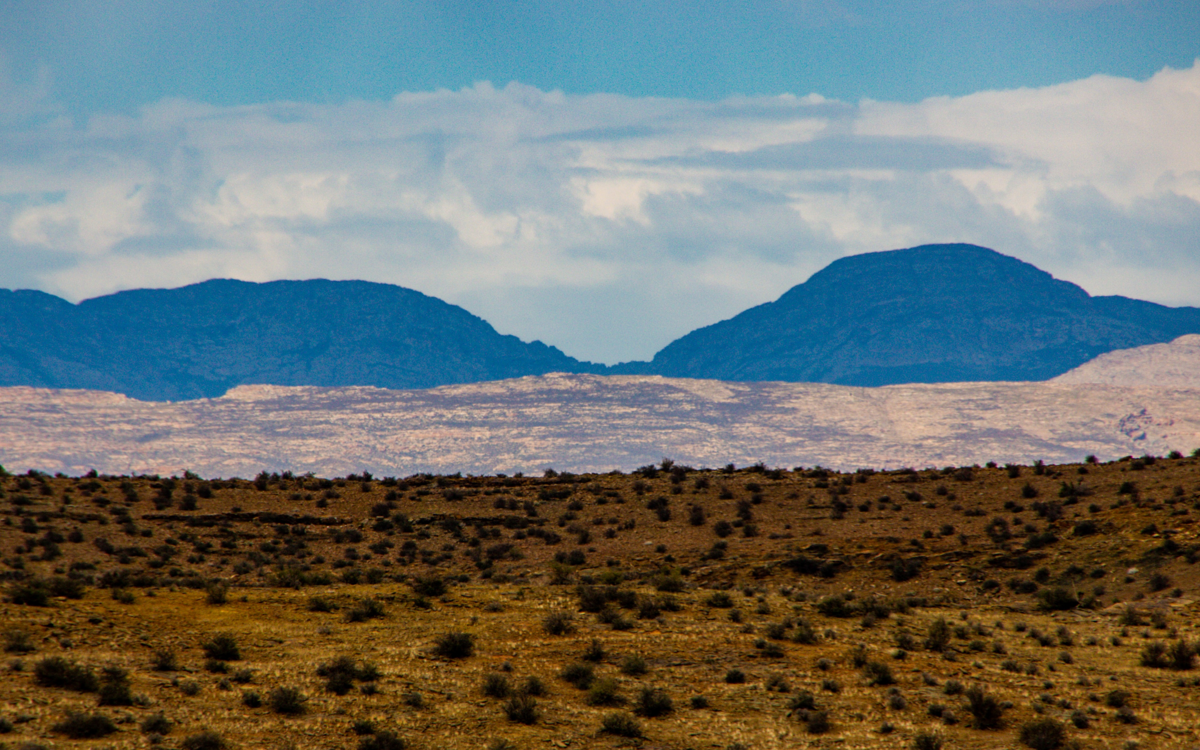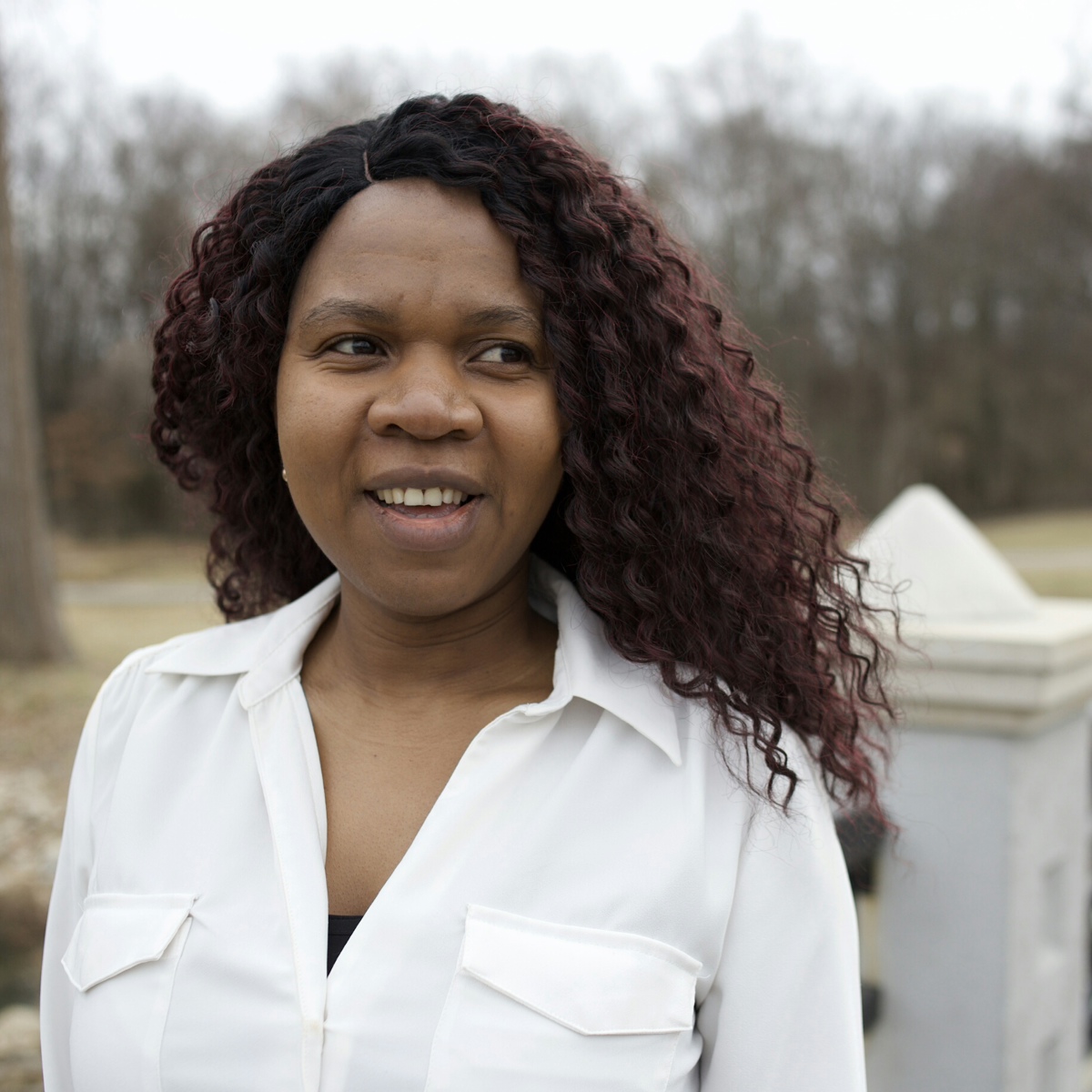Wendy Dlamini


Wendy Dlamini
Manganese is an essential nutrient in our body, but excessive exposure has been linked to harmful neurological effects such as Parkinson’s. The Northern Cape of South Africa is home to 80 % of the world’s manganese ore body, leaving a lot of mining communities in this region particularly susceptible to manganese exposure.
Wendy Dlamini – a data analyst in Washington University, US – works to protect this community. Her current analysis of manganese exposure in a mining community in South Africa is driven by a desire to drive awareness of non-communicable diseases in Africa.
Growing up in a village in Eswatini, Wendy always knew she wanted to study abroad. ‘I was raised by a single parent, and that was my mum, so I honestly wouldn't have been able to further my studies/enrol to a graduate programme if it weren’t for the ACU. Before I got the scholarship, I think I'd applied two or three times in succession, like every year', Wendy recalls.
Wendy has always been drawn to the power of statistics to make precise and informed, data-driven decisions. After noticing a gap in non-communicable disease research, Wendy’s affinity with numbers coincided with a drive to address this gap. She met her current employer whilst studying a masters in epidemiology at the University of Witwatersrand in Johannesburg, South Africa.
As a lot of the focus on epidemiology in Africa revolves around communicable diseases, there’s a growing knowledge and skill gap in understanding and responding to the prevalence of non-communicable diseases.
‘Africa is known to have issues with communicable diseases such as HIV, and I have found that our focus is mainly on just that. It's like we are focusing on one thing while forgetting the other.’ ‘This is problematic when it comes to the prevention of diseases. Particularly when you consider cancer and HIV comorbidities that we don’t even look into, and yet they are an integral part of our successes in communicable diseases.’

After working for an HIV coordinating agency, it became clear to Wendy that there was a gap understanding the relationship between non-communicable and communicable diseases. She observed that some of the complications with communicable diseases could be traced to non-communicable diseases like cardiovascular disease.
Wendy is also a strong advocate for her current research in South Africa. She explains that it’s important because a lot of the African or black communities don’t tend to access neurological services, and that can be linked to poverty and/or lack of awareness.
‘I feel like I want to give back, especially to my home continent. My research may be in South Africa, but it still feels like I’m achieving something because it’s in relation to Africa.’
Studying at the University of Witwatersrand exposed Wendy to a lot of different people, personalities, and opinions. Learning from the differences is something that Wendy cherishes the most about her QECS experience.
‘Meeting people from different cultures and countries makes you think differently. Being Swati, we are a traditional Christian country, so gender roles for us are very black and white, but my experience at the University of Witwatersrand challenged my thinking. That’s when I started thinking, maybe there’s more beyond this thinking and some of the things we will hold dearly.’ ‘I really appreciated this aspect because I know as long as I was in Eswatini, I would have never been open to that perspective or even appreciated that there are people who are different from you.’

Giving back to her home and Africa is important to Wendy, but this isn’t just limited to her research. As a female researcher, pursuing her line of work isn’t typical of her peers back home.
‘I think that's why I was interested in the gender equality aspect because, I feel like as a girl child back at home, most of the time it’s all about getting married, having kids and that's it. That is still good, and I look forward to getting married myself (of course), but I feel like there's more to life.'
Your environment makes a huge difference, Wendy explains. Growing up, Wendy has always been reserved, but her experience of studying abroad really developed her character. She began to realise how much being in different environments, surrounded by people from diverse backgrounds, can change and inspire new behaviours. This environment also made me re-evaluate some of my own personal principles, just as a human being.
Wendy is keen to share her experience to inspire others from back home.
I feel like in our culture, people don't look for opportunities because they do not know they exist. We need to educate people back home to know that there are opportunities beyond the usual. I don’t think we've been trained such that we need to look for those opportunities. There are so many opportunities that are out there that we don't even realise or we don't even look for because we do not know that they are out there. But once you are in an environment like Wits, it just helps you to open up to a whole lot that the world has to offer.

Queen Elizabeth Commonwealth Scholarships (QECS) offer a unique opportunity to study a two-year Master’s degree in a low or middle-income Commonwealth country.
Aimed at students who are committed to creating change in their communities, the scholarships are a life-changing opportunity to experience a new country and culture, to broaden horizons, and to build a global network that will last a lifetime.

